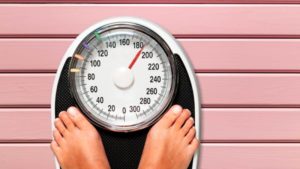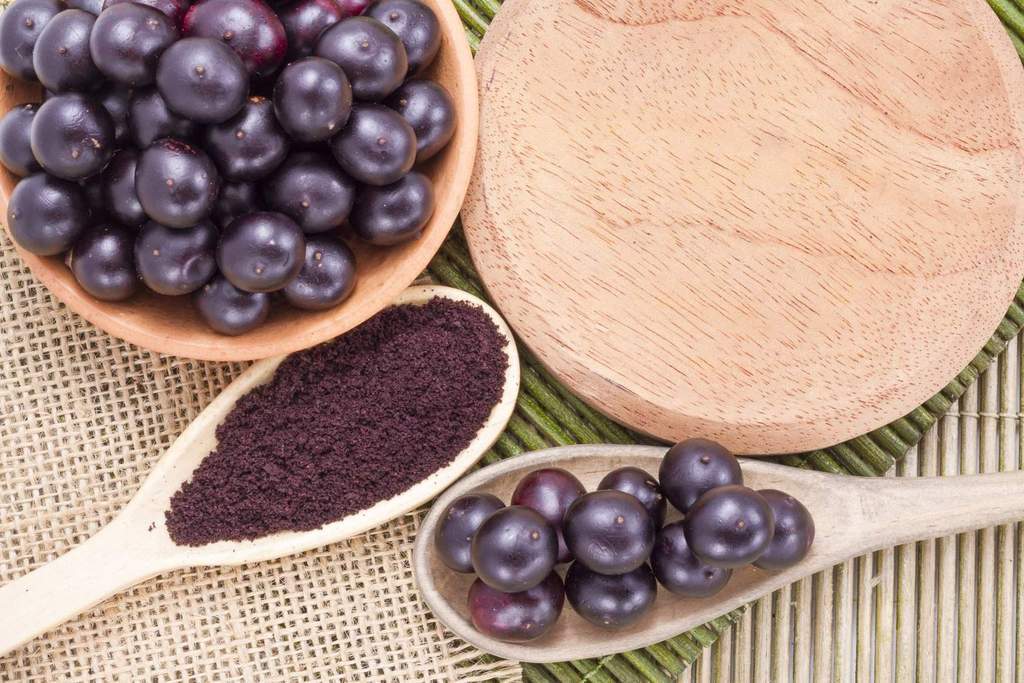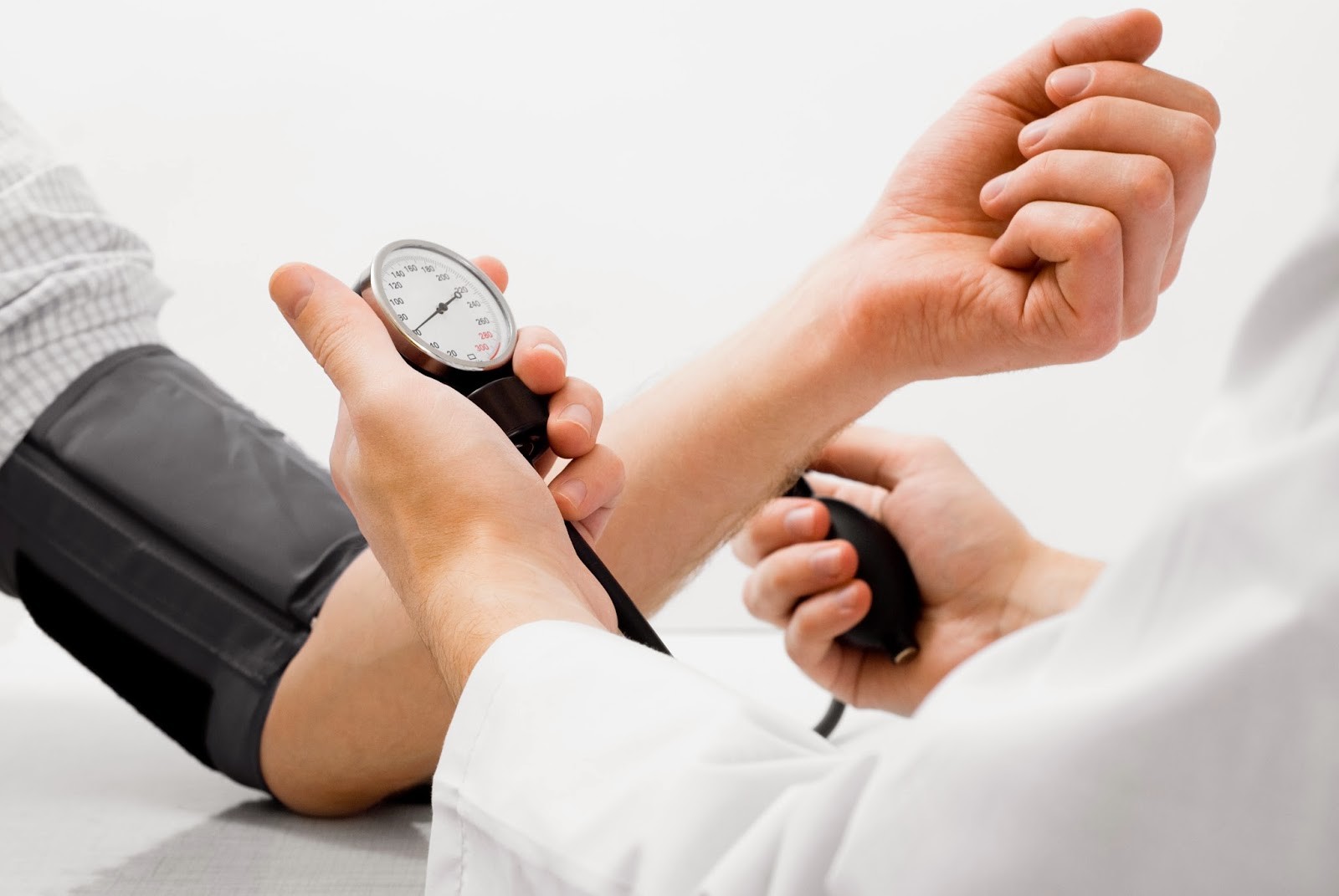New Year’s Weight Loss Challenge: Nutrients & Tips for Weight Loss Goals
New Year’s Weight Loss Challenge: Nutrients & Tips for Weight Loss Goals
It’s the New Year and for many of us that means rising up to meet your New Year’s weight loss challenge. What is considered overweight? Defining overweight is a sensitive topic. The Centers for Disease Control use these guidelines:
For adults, a body mass index:
- Over 30 is considered obese.
- Between 25 and 29.9 is considered overweight.
- Between 18.5 and 24.9 is considered a healthy BMI.
- Under 18.5 is consider underweight.
To determine your BMI, log onto the National Center for Chronic Disease Prevention and Health Promotion website: http://www.cdc.gov/nccdphp/dnpa/bmi/bmi-for-age.htm
Click onto the BMI web calculator, enter your height and weight and you’ll have your BMI instantly.

The Role Insulin Plays in Your Body
Every time you eat a carbohydrate, such as a piece of bread, plate of pasta, a baked potato, or even a piece of fruit (which is 50% fructose), your digestive system converts it into glucose, a simple sugar. The blood stream then absorbs the glucose. In response to the rise in blood sugar, insulin is produced and secreted into the bloodstream by the pancreas—a glandular organ deep in your abdominal cavity, behind the stomach.
As insulin travels through the circulatory system, it regulates the metabolism, storage and level of blood sugar. Then, this master hormone of metabolism converts some glucose into glycogen, a sugar-polymer (long chain of sugar molecules) the liver and muscle tissues store. Glycogen acts as storage fuel like a spare gallon of gasoline for your car, and can be converted back into glucose quickly and easily on an as-needed basis. Then, the remaining glucose circulates in the bloodstream to be used for energy.
When the pancreas secretes the right amount of insulin, it regulates appetite, growth hormone, cholesterol and fluid levels. Consequently, your metabolic system keeps everything in balance.
Obesity and Excess Insulin
If you’re overweight, chances are that you crave carbohydrates. This is actually a physiological craving resulting from the way your body chemistry overreacts to eating sweets and carbohydrates. If excess glucose remains in circulation, high insulin levels will stimulate lipogenesis (fat production and storage). After that, to compound the problem, there is evidence that high insulin levels trigger the hypothalamus (the master gland) to send out hunger signals.1
Insulin regulates carbohydrate metabolism by controlling blood sugar (glucose) levels.
Stress and poor eating habits, including over consumption of carbohydrates, can create an insulin imbalance. During a meal, the insulin level is a determining factor in signaling the brain that your body is full. But low insulin levels will elevate glucose and cause you to eat more, and consequently gain weight. It becomes a vicious cycle, because overweight people burn sugar less effectively than those with normal weight do.
Ultimately, the more carbohydrates you eat, the hungrier you may become.2 Even if you eat as few as 800 calories a day, if you are sugar sensitive and those calories are from carbohydrates, you may find that you still gain weight.3
If You’re Serious About Winning the Weight Game…
You need to learn how to take control of your health by giving your body what it needs on a daily basis. Overall, It’s about making a commitment to eat a healthy diet, and to exercise. This can be as simple as walking 30 minutes 5 times a week.
That’s sounds easy and high and mighty, but how do you do it? You can restrict your intake of carbohydrates including sugar, starch, and grains … that’s the popular low-carbohydrate diet and that’s okay but there is more to it than that. Executing a long-term, healthy weight control program consists of:
-
- Limited-carbohydrate diet
- Reduction in caloric intake
- Regular exercise
- Support in the form of high-quality nutritional supplements to help reduce insulin levels, and increase thermogenesis (an increase in metabolism that results in fat burning)
Recommended Natural Herbs and Supplements
1. Green Coffee Bean Extract
Green coffee beans contain a proven weight loss trigger called chlorogenic acid. When the beans are in the roasting process, the removal of chlorogenic occurs. So, unfortunately, your cup of Joe will not help you lose weight.
How does chlorogenic acid work?
Chlorogenic acid, or CGA, is a compound in small amounts in sunflower seeds, apples, pears, tomatoes, and blueberries. But green coffee beans contains a high amount of the powerful antioxidant that inhibits the release of glucose into the body. Glucose is a monosaccharide, a type of sugar, that your body uses for energy. If your body isn’t using glucose for fuel it has to rely on other sources of energy—namely, your stored fat cells. When your body uses fat cells for energy, you lose the fat, and the weight.
CGA in green coffee helps your body utilize insulin making it easier to convert glucose into energy. In addition, CGA helps you lose weight by: boosting metabolism, slowing down the release of glucose into the bloodstream after eating, and by helping your body burn fat.
A recent analysis of 13 studies on the effect of green coffee extract on obesity revealed a significant reduction in body mass index and weight (BMI), especially in individuals with a starting BMI greater than or equal to 25 kg/m.4
But like coffee, green coffee beans contain some caffeine, so if you have high blood pressure or are very sensitive to caffeine, go slow and experiment with the dosage to see how you feel. To play it safe, check with your health practitioner first before taking green coffee bean extract to meet your New Year’s weight loss challenge.
2. Green Tea Extract
How does green tea extract work?
Tea polyphenols inhibit the activity of amylase, a starch-digesting enzyme found in saliva and in the intestines. Starch breaks down more slowly, and the rise in serum glucose is decreases, so that you don’t crave sweets and other snack foods after eating a meal.5 Since insulin is our most fattening hormone and, with cortisol, our most pro-aging hormone, if you take green tea in the form of a nutritional supplement, you gain a wide range of benefits that accompany calorie and insulin control.
Green tea does contain a small amount of caffeine. For example a six-ounce cup of green tea contains about 30 mg of caffeine, while there are about 100 mg of caffeine in six ounces of coffee.
A double-blind, placebo-controlled clinical trial in Taiwan examined the effect and safety of high-dose green tea extract on obese women. In conclusion, after 12 weeks of treatment there was a significant weight loss, reduced waist circumference, and a decrease in total cholesterol and LDL (lousy cholesterol) without any side effects.5
3. Mulberry leaf
Mulberry leaf contains compounds that support healthy blood glucose. In one study, 37 adults ingested maltodextrin, a starchy powder that rapidly boosts blood sugar levels. They were then given mulberry leaf extract. The participants who took either 250 or 500 mg of the extract experienced a significantly lower rise in blood sugar and insulin levels than the placebo group.6
In another study, people with type 2 diabetes who took 1,000 mg of mulberry leaf extract for 3 months, 3 times daily with meals, experienced significant reductions in post-meal blood sugar levels, compared with a placebo group.7
4. Probiotics
A healthy digestive system supports healthy weight. Research shows that probiotics can help reduce the number of calories your body absorbs and can help reduce inflammation levels. In addition, high inflammation levels in the body can contribute to weight gain.
5. Acai
Acai is nutrient-rich superfood that helps promote weight loss by stimulating the digestive system. The theory is that acai is high in fiber and antioxidants that help remove toxins and other foreign debris from the digestive tract. This, in turn, helps increase your metabolism, so you burn calories at a faster rate to meet your new year’s weight loss challenge.
6. Raspberry Ketones
Raspberry ketones are a natural compound in red raspberries. They help to increase levels of adiponectin, a hormone that helps regulate your ability to process fat. When given to laboratory mice, raspberry ketones induced the secretion of adiponectin, which helped to support fat metabolism. Low levels of adiponectin are linked to obesity, high blood sugar and other medical conditions.8









